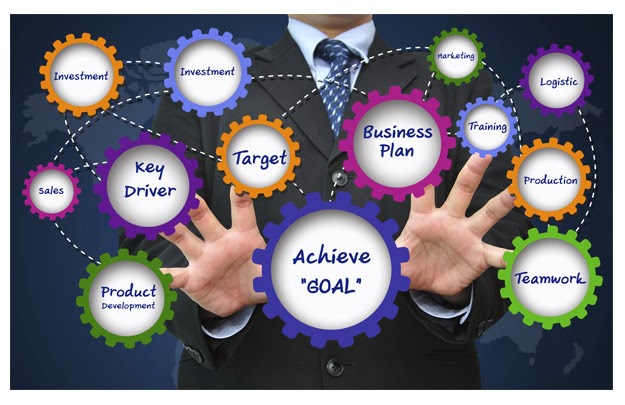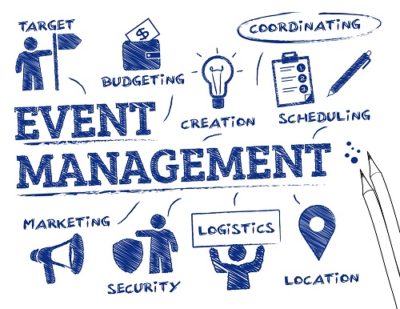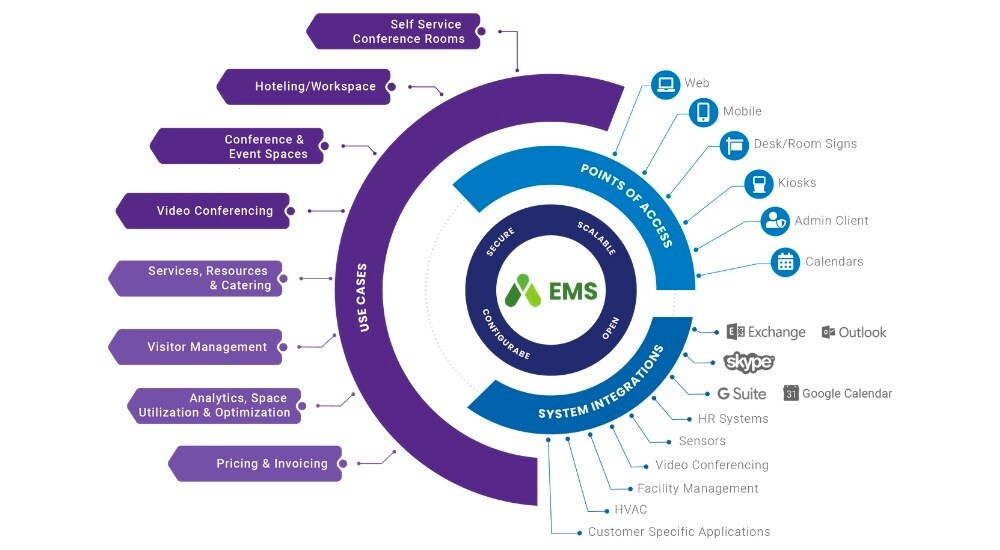Check Out Exactly How Occasions Administration Works for Your Next Large Event or Party
Occasions administration is a structured method to preparation and carrying out gatherings, ensuring that every detail aligns with the client's vision. It encompasses different components, from budgeting to vendor sychronisation, inevitably forming the visitor experience. Understanding these elements can boost any event or occasion. The intricacies included might increase questions regarding exactly how to navigate them effectively. What essential approaches should one consider to guarantee an effective outcome?

Comprehending the Fundamentals of Occasions Monitoring
Occasions management functions as the foundation of successful celebrations, including a variety of activities from planning to execution. This complex technique involves a number of vital components, each essential for attaining desired end results. Recognizing client objectives is important; event managers need to realize the vision and function behind the event. Next off, they must recognize the target audience, which affects choices regarding location selection, motif, and activities.
Additionally, working with logistics plays a vital duty, from setting up event catering services to protecting audio-visual devices. Efficient communication with stakeholders and vendors guarantees that all components straighten with the occasion's objectives. Time administration is additionally vital; occasion supervisors have to develop a comprehensive timeline to maintain jobs on course. Threat monitoring approaches need to be in location to attend to possible obstacles, guaranteeing a smooth experience for all participants. By grasping these fundamental aspects, event managers can cultivate impactful and unforgettable gatherings that reverberate with guests.
Setting a Realistic Spending Plan
A distinct budget is vital for the success of any type of event, as it directly affects every element of the occasion. Establishing a reasonable budget starts with recognizing the overall funds offered. This includes not only direct financing yet additionally potential sponsorships and payments.
Next, it is vital to break down costs into specific groups, such as catering, entertainment, decors, and advertising. Each category ought to have a marked allowance, guaranteeing that no single location overshadows others.
Furthermore, it is sensible to take right into account a contingency fund, commonly around 10% of the complete spending plan, to suit unexpected expenditures. By prioritizing crucial components and bearing in mind deluxe alternatives, organizers can maintain monetary control without compromising the event's quality. Ultimately, openness and flexibility in spending plan management will cultivate a successful Event that fulfills expectations while staying financially practical.
Picking the Perfect Location
Choosing the suitable venue is vital for the success of any kind of event. Factors such as place accessibility and the place's ability and layout alternatives play a considerable function in guaranteeing the occasion fulfills its objectives. A well-chosen room can enhance participant experience and assist in smooth interactions.
Area Ease Of Access Considerations
How can organizers assure that their chosen place fits all attendees? Availability is vital for making sure everyone can get involved fully in an event. Organizers need to consider transportation options, such as distance to public transportation and schedule of car park spaces. Locations should be assessed for mobility device access, including lifts and ramps, in addition to easily accessible washrooms. Clear signs and well-lit pathways enhance navigating for all guests. In addition, organizers ought to examine the place's plans relating to assistance for individuals with disabilities, ensuring staff are trained to provide needed assistance. By prioritizing ease of access, occasion organizers demonstrate their dedication to inclusivity, producing an environment where every guest feels welcomed and valued (Charlotte Event Companies). This thoughtful strategy significantly enhances the general experience for all individuals

Capacity and Design Options
Discovering the best location involves cautious factor to consider of capacity and format choices to assure an excellent experience for guests. The place should fit the anticipated number of guests, guaranteeing convenience without congestion. Event planners need to assess various seating arrangements, such as theater, class, or reception styles, depending upon the event's nature. Each format influences communication and interaction degrees amongst attendees. Furthermore, planners ought to think about prospective obstacles, such as columns or phase placements, which can influence visibility. Accessibility functions should likewise be focused on to ensure all visitors can browse the space easily. Ultimately, an appropriate location improves the general environment, facilitating networking and enjoyment while satisfying the specific demands of the gathering.
Working with With Vendors and suppliers
Coordinating with providers and suppliers is important for effective event administration. This procedure includes choosing trustworthy suppliers, discussing contracts successfully, and executing prompt interaction techniques. Each of these components plays a considerable duty in making certain that all facets of the occasion run smoothly and satisfy the organizer's expectations.
Selecting Trustworthy Vendors

Picking dependable suppliers is crucial for the success of any celebration, it commonly requires careful factor to consider and detailed research study - Charlotte Event Companies. Event coordinators should recognize prospective suppliers by here seeking suggestions, checking out online reviews, and discovering portfolios. It is very important to assess each supplier's availability, track record, and experience to ensure they align with the occasion's vision and purposes. Interaction plays a vital role throughout this process; clear assumptions and prompt actions foster a much more effective connection. In addition, taking into consideration suppliers' adaptability in accommodating details needs can improve overall preparation. By conducting interviews and requesting referrals, coordinators can evaluate reliability and professionalism. Eventually, a thoughtful selection process will certainly add greatly to the seamless implementation of the occasion
Discussing Agreements Properly
Efficient arrangement of agreements with distributors and vendors is necessary for the success of any occasion. This process calls for a clear understanding of the event's requirements and the capability to convey these needs successfully. Developing a strong rapport with suppliers can facilitate better terms, including prices, service degrees, and distribution timelines. Occasion supervisors must come prepared with market research study, allowing them to make educated contrasts and emphasize competitive offers. Additionally, being clear regarding budget restraints while revealing versatility can bring about equally useful arrangements. It is important to examine all contract details thoroughly, ensuring there are no covert fees or negative stipulations. Eventually, successful settlements produce a strong structure for cooperation and boost the total high quality of the event.
Timely Interaction Methods
Effective agreement negotiations lay the foundation for efficient collaboration, yet timely communication approaches are similarly vital for assuring that occasions run efficiently. Event supervisors have to develop a clear communication plan with vendors and distributors, defining recommended networks and action times. Regular check-ins and updates can stop misconceptions and keep all parties straightened. Making use of task management devices can improve interaction, permitting for real-time updates and record sharing. Furthermore, creating a common calendar guarantees that target dates are satisfied and duties are comprehended. By maintaining open lines of communication, event supervisors can rapidly address any kind of concerns that arise, promoting a positive working partnership with suppliers and vendors. This positive technique ultimately brings my blog about a well-coordinated and effective occasion.
Crafting a Detailed Event Timeline
When planning an occasion, producing an in-depth timeline is necessary to guarantee that every facet runs smoothly. A well-structured timeline functions as a roadmap, laying out substantial tasks and target dates while making sure all team participants are aligned. It starts with identifying significant turning points, such as location reservation, providing plans, and enjoyment selection. Each task ought to be designated a responsible party and a due day, promoting liability.
Next, the timeline needs to integrate preparation phases, consisting of setup and practice session times. Occasion day activities have to likewise be diligently intended, outlining the series of events, from visitor arrival to the final thought of the party.
Routinely assessing and updating the timeline is important, as unforeseen modifications can occur. Charlotte Event Companies. Inevitably, a complete timeline not only boosts control but additionally reduces tension, allowing occasion coordinators to concentrate on carrying out an effective Event that fulfills the assumptions of all included
Guaranteeing a Seamless Guest Experience
An event timeline establishes the foundation for a smooth gathering, however making sure a seamless visitor experience takes meticulous focus to information. Every facet, from the invitation to the goodbye, requires Get the facts careful preparation. Event managers must prepare for visitors' demands, offering clear signage and available features. Working with team to assist with check-in and direct guests to various activities can considerably improve convenience and satisfaction.
Dealing with diverse nutritional choices is necessary, as is producing an inviting environment that urges interaction. Thoughtful touches, such as tailored name tags or welcome gifts, can make guests feel valued. In addition, integrating technology, like event apps or live ballot, can involve visitors and simplify interaction.
Ultimately, the goal is to develop a remarkable experience that really feels effortless, permitting visitors to concentrate on pleasure. By focusing on the little information, event managers can transform an average Event right into an extraordinary event.
Frequently Asked Questions
Exactly How Far ahead of time Should I Beginning Preparation My Occasion?
Planning an event preferably starts six to twelve months beforehand. This timeline enables ample time for location selection, supplier coordination, and promotion, guaranteeing a effective and well-organized Event that satisfies the host's expectations.
What Should I Do if It Moistens the Occasion Day?
If it rainfalls on the occasion day, the coordinator should turn on contingency plans, guaranteeing there are alternative interior places or tools like camping tents. Communication with guests concerning any kind of modifications is vital for a smooth change.
Exactly How Can I Deal With Final Guest Modifications?
To deal with last-minute visitor modifications, one ought to keep adaptable seating setups, utilize modern technology for fast updates, and interact immediately with vendors. A backup plan can also ease stress and anxiety and guarantee smooth adjustments during the occasion.
What Are Some Tips for Supporting My Event Properly?
To advertise an event effectively, one need to utilize social media platforms, create appealing material, team up with influencers, send e-newsletters, employ targeted advertisements, and encourage referral sharing to maximize reach and improve attendance.
Exactly how Do I Gauge the Success of My Event?

Efficient communication with stakeholders and suppliers assurances that all components align with the occasion's goals. Event planners must examine different seating setups, such as class, reception, or theater designs, depending on the occasion's nature. Collaborating with vendors and providers is necessary for effective event administration. It is essential to examine each vendor's schedule, experience, and reputation to assure they align with the occasion's vision and goals. Event managers have to establish a clear communication plan with vendors and vendors, defining preferred networks and reaction times.